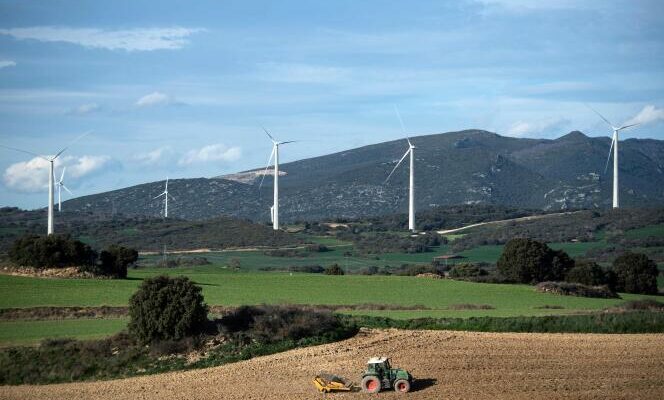In the European Union as in France, the ecological transition is struggling to resist the energy and agricultural crises as well as the rise of populism. Neil Makaroff, director of the European think tank Strategic Perspectives, shows that member states are more fragmented than ever on the climate.
In a tense context of agricultural and energy crises and war in Ukraine, are European countries continuing their ecological transition?
At a time when the European Union is accelerating its ecological transition thanks to the Green Deal, the political debate on the climate has greatly hardened and States are fragmented. Unlike in 2019, climate no longer appears as a cross-cutting priority in the Union’s next strategic agenda, which will be adopted by the Council after the European elections in June. It is relegated to the background due to the war in Ukraine, but above all the maneuvers of the far right and the right, which made the Green Pact a scapegoat following the agricultural crisis.
Some member states are moving backwards. Sweden, for example, which was at the forefront, removed support for electric vehicles and offshore wind, and abandoned its targets for reducing greenhouse gas emissions in transport and agriculture by 2030. The government [libéral conservateur, soutenu par l’extrême droite] expects an increase in emissions in 2024, for the second consecutive year, a first in twenty years. Likewise, divisions in the German coalition have frustrated the implementation of energy renovation standards across the Rhine. Italy, for its part, has redirected part of its recovery plan to finance the construction of gas infrastructure in order to become Europe’s gas hub.
On the contrary, are other countries developing their climate policy?
Poland, since the legislative elections of October 2023 [qui ont vu une coalition pro-européenne accéder au pouvoir], is experiencing new momentum in favor of the climate: the country has announced that it is working on moving away from coal and on a very significant acceleration of renewable energies. Still thanks to the latter, Spain is preparing to exit coal in 2025. Portugal did so in 2021, eight years before its official date, and the recent arrival in power of a more conservative government should not not change this dynamic.
In general, the Union is massively deploying renewables and especially solar, whatever the political color of the government in place. In 2023, 73 gigawatts [GW, solaire et éolien confondus] have been installed in several countries on the continent – never seen before – and even in Viktor Orban’s Hungary.
You have 55.26% of this article left to read. The rest is reserved for subscribers.
